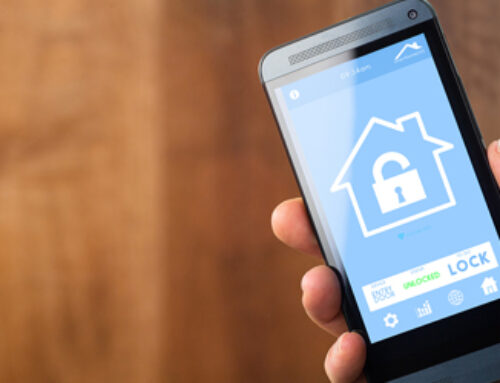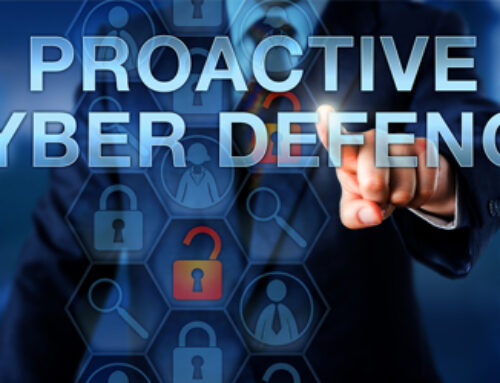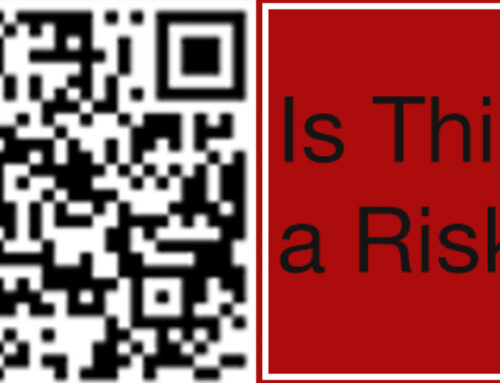While Skyline IT Services does not actively engage in providing services for the home user, we do however understand the importance in educating our associates, family and friends in the various areas of protecting their home computing environment. Tapping into our extensive IT expertise, we have put together a cheat sheet for the home user with some best practices.In no particular order of importance – they are ALL important:
1. Beat the Heat! Aside from cyber-crooks, heat is one of the top enemies to your computers’ health and longevity. For desktop computers, dust collects inside the case and insulates the components causing them to run hotter than normal and burnout. Periodically open the case and blow it out with “air-in-a-can.” Additionally be mindful not to allow your desktops and laptops to sit running in excessively hot environments as that can also damage your equipment.
2. Maintain your hard drive; over time your hard drive can become fragmented due to repeated copying and deleting of files and will noticeably slow down. It is a good practice to use a software utility to clean up / delete temp files and then defragment your hard drive. This can improve overall performance of your computer.
3. Always use antivirus software on your personal computers: There are several free ones and multiple pay as you go or subscription services to keep your computer protected. While Antivirus software is not always 100% effective, it is your best first line of defense. Install it and use it. Don’t turn it off because you think it makes your computer slow. Leave it on your computer and stay protected. Upgrade your computer if you think the antivirus is slowing it down.
4. Always use a firewall: An operating system firewall not only protects against inbound attacks, but it is also an excellent defense against malware that attempts to connect out to its mother ship. You’ll receive a warning when an attempted connection is made, and you can select to block the communication. Blocking the communication won’t remove the infection, but it will prevent your personal data from leaving your network.
5. Keep up to date! Your operating system and software need to be kept up to date.These updates are important because they can address known vulnerabilities or bugs in the operating system or application software. Software vendors update their software periodically to “patch” identified vulnerabilities. Cyber-crooks are continuously researching ways to compromise software products so they can take advantage of unsuspecting consumers and businesses.
6. Never download pirated or cracked software: This type of software almost always includes some type of malware. Would you have a burglar install your door locks??
7. Whack a mole but don’t click on popups that tell you that your computer is infected with a virus: Antivirus software doesn’t work that way. Those popups install malware onto your computer, with your permission. Sometimes it’s a scam that requires you to pay money to have the software removed by the software originator. Don’t fall for it. Don’t pay them to remove it if you’ve done it. Look up online how to remove the malware yourself.
8. Ugh! Email attachments. It is very common for various malware threats to come in the form of a phishing emails with a PDF, ZIP or other form of attachment. (The worst is ransom ware!!) This one is a challenge because they can come from what appears to be a person or organization that you know. Unless you are expecting the exact email – don’t open the attachment. If you think it might be something you should open, then call the person or organization first and confirm they sent it.
9. You are being watched. Don’t use public WiFi hotspots or public internet consoles in hotels and cybercafés without using a VPN (secure) connection. While it’s temping to sit down at a coffee shop or a hotels business lounge and send a quick email (work or personal) these computers are known havens for hackers to spy on you. Use your own device either connected through your mobile service provider or if you have to use the pubic WiFi make sure you are using a VPN. Anyone might be eavesdropping and can steal your private information.
10. What’s my password? Be paranoid and use complex passwords on everything. Do not use the same password in multiple places and do not use easily guessed passwords. Use strong passwords that are at least eight characters in length and include capitals, numbers, and non-alpha numeric characters. Everything you do on the internet should have a password and only be used on sites with SSL / encryption.
11. Back up your Data!! You can’t recover your important family pictures, emails, music, etc., from a crashed hard drive or nasty virus if that information is not backed up. The good news here is that in recent years this has gotten a lot easier. The most economical way to do this is get an external hard drive, use your computers built in backup software and periodically run it. If you have a need to have something that can get your data back from the point of failure and you don’t want to have to remember to run it, there are a lot of very affordable online backup services where you pay a monthly subscription. You need a solid internet connect with lots of bandwidth, but with these services like Mozy, Carbonite or Back Blaze to name a few, you install their agent tell it what you want to back up (entire computer or just certain folders) and you’re done!
This article highlights some of the best practices we recommend for keeping your home computer healthy and your data secure. We hope this article has provided you with some helpful tips you can apply to your home network. For more helpful tips connect to Skyline IT Services’ Facebook, Twitter and Google+ accounts to get the Skyline Bits and Bytes Alerts.



